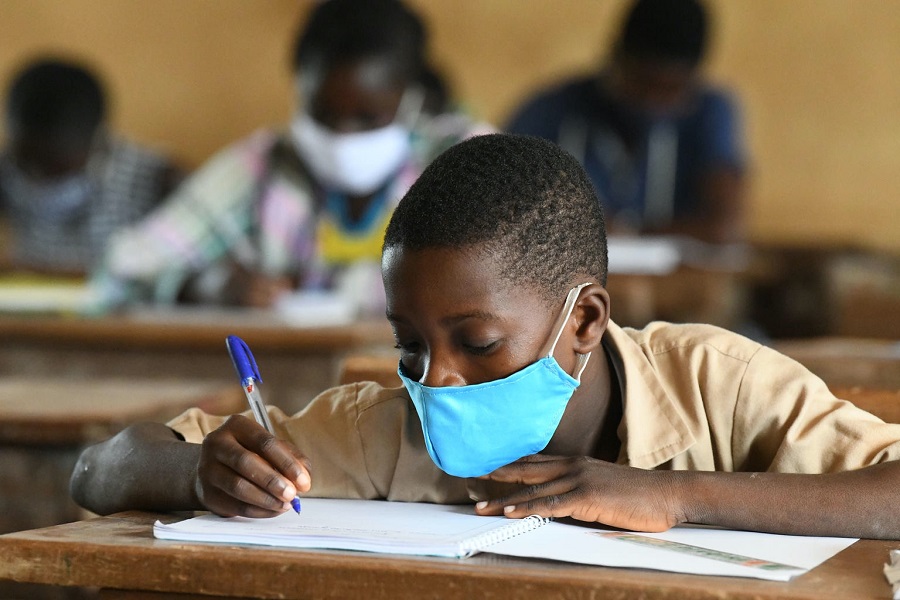Public schools may be poor but communities can do more

When asked to list the issues bedeviling schools in their communities, members of School Based Management Committees (SBMC) that attended a training by the Human Development Initiatives (HDI) last week in Lagos, reeled off problems after problems.
Hands were raised in all parts of the expansive hall at the basement of the R&A Hotel, Allen as the SBMC members struggling to catch the attention of the facilitator, Mr. Johnson Ibidapo, a Programmes Manager with HDI, for an opportunity to publicly put on record the problems of schools they serve in their communities.
Dilapidated facilities, lack of toilets, insecurity, lack of perimeter fencing, menace of hoodlums, inadequate teachers, were common problems highlighted by the SBMC members.
Mrs. Abosede Tijani said that Jamatul Islamiyya Primary School, Sabo Ikorodu had no fence and as a result suffered insecurity such that all its fans and windows had been stolen by hoodlums; while Mrs. Omolade Kalesanwo said Christ Central Primary School, Mushin was in such dilapidated state that roof was about collapsing.
“Jamatul Islamiyya Primary School does not have a fence and toilets. As a result, there is a lot of insecurity. Hoodlums have stolen all our fans. Iron windows that were installed have also been stolen. Every day when we resume we pack human waste and condoms. They defecate all over the school.
“Christ Central Primary School Mushin lacks teachers.The building is dilapidated. The roof is falling down,” Mrs. Kalesanwo said.
Mrs. Bola Soaga, a retired teacher at African Bethel Primary School Ebute Metta, lamented the poor state of the school.
“A block of three classrooms given to us by Jimi Benson about four years ago is in a bad state. If rain is falling, it will fall on us and the children. We need more security there,” she said.
Mr. Liasu Kareem, a member of the SBMC at L.A. Primary School, Irewe, Ojo, said the school had no perimeter fencing.
Such was the passion and concern displayed by the participants about the state of their schools. However, Ibidapo said passion was not enough and said the essence of the training was to show them ways to channel the passion into action that can help the schools overcome some of their problems.
He said the government could not adequately fund education without support. So SBMC members had to learn how to rally the support of host communities, corporate organisations, philanthropists and others to come to the aid of schools.
“We believe that the problems are so diverse that it is going to be impossible for government even to solve them. We expect that after now, we will come up with a strategy and they will individually go back to their local governments to begin to deploy these strategies to tackle the problems. That was why we said that with regards to the problems they identified, they shouldn’t just tell us on what the government should do. It should be what can you do as SBMC? That is the focus. So we want them to take stock – this is the problem; these are the causes; these are the solutions; but these are our own contribution to the solution. We want them to deploy the strategy and begin to address some of these concerns,” he said.
After strategising on what they want to do for their schools, the Executive Director, HDI, Mrs. Olufunso Owasanoye, said it was important they know how to communicate their ideas to get favourable results. To this end, she taught the participants how to get positive response from school managers, people or organisations that they approach for support.
